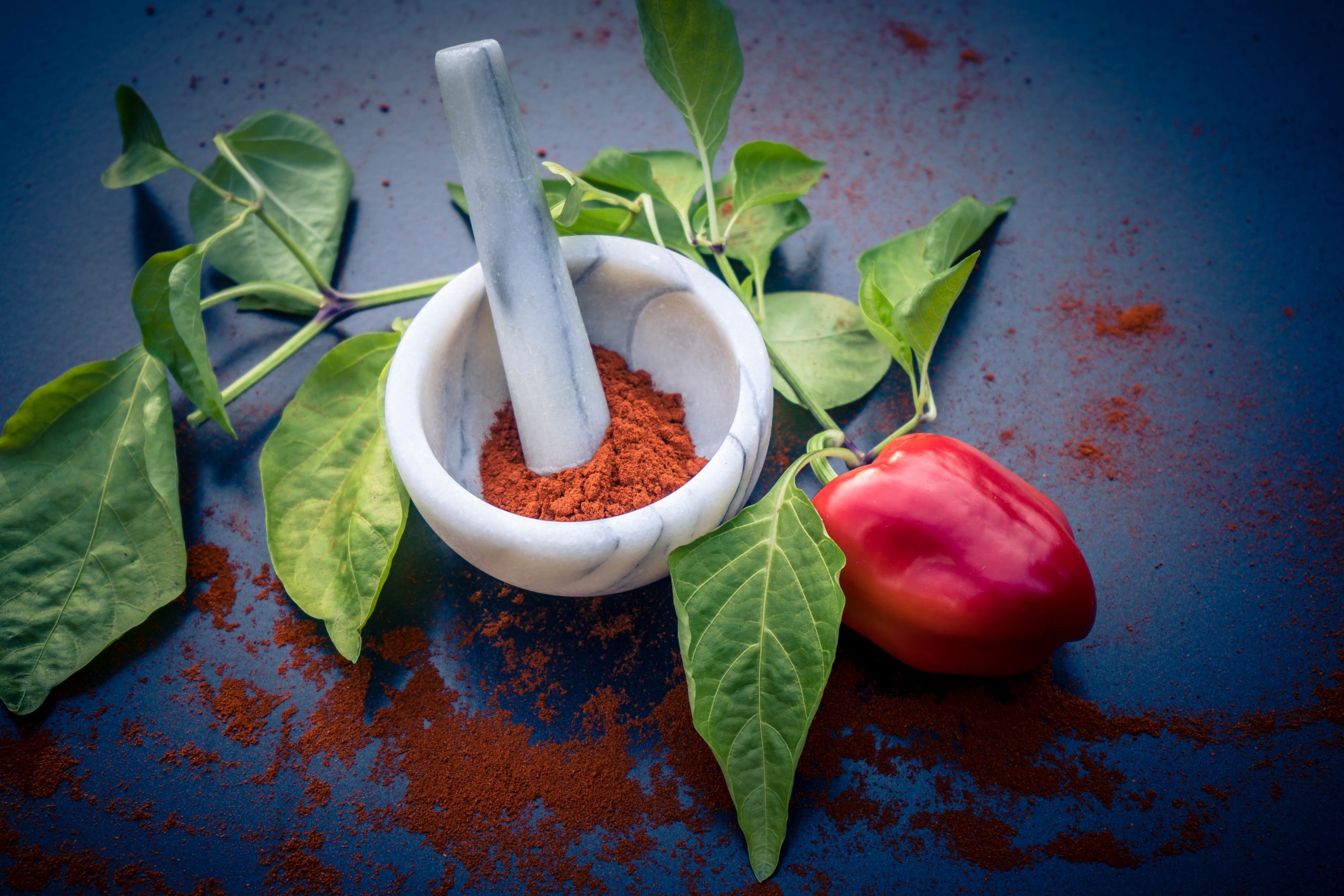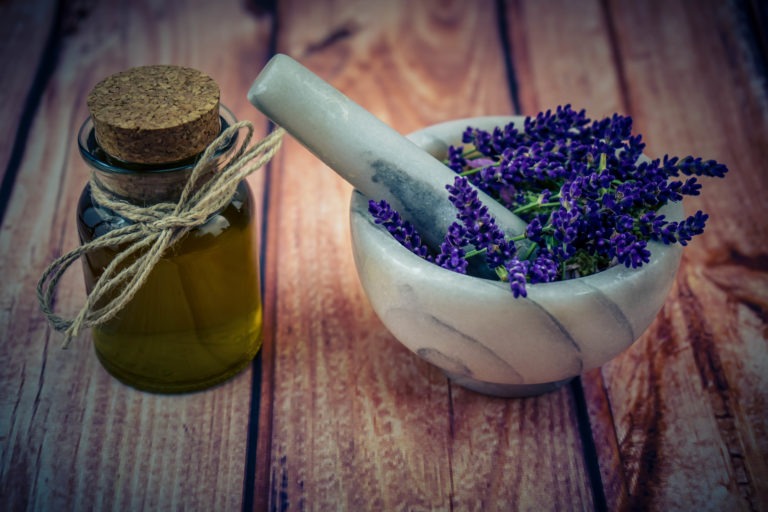You may be one of many patients suffering with bloating, abdominal pain, constipation, or diarrhoea and your GP has diagnosed you with irritable bowel syndrome (IBS) and your symptoms have not responded to treatment. Alternative you have given no diagnosis at all for your suffering.
My experience is that many of those perplexing symptoms are related to small intestinal bacterial overgrowth (SIBO).
What is Small Intestinal Bacterial Overgrowth? (SIBO)
When there is an abnormal increase in the total bacterial population in the small intestine, especially bacteria that are not typically found in that region of the digestive tract, it is known as small intestinal bacterial overgrowth (SIBO).
SIBO frequently develops when a condition, such as surgery or illness, delays the movement of food and waste items through the digestive tract, providing a favourable environment for the growth of bacteria. In addition to frequently causing diarrhoea, the extra bacteria can lead to malnutrition and weight loss.
While stomach (abdominal) surgery complications are a common cause of SIBO, this illness can also be brought on by structural issues and certain diseases. Antibiotics are the most widely used form of treatment, but surgery may occasionally be required to fix the issue.
What are the symptoms of SIBO?
Some people with SIBO may not have any symptoms at all whilst, others will experience symptoms similar to irritable bowel syndrome. SIBO is involved in over half the cases of IBS and as high as 84% in one study using breath testing as the diagnostic marker.
Eradication of this overgrowth leads to a 75% reduction in IBS symptoms. Either bacterial overgrowth or the overgrowth of methanogenic archaea leads to impairment of digestion and absorption and produces excess quantities of hydrogen, hydrogen sulphide, or methane gas.
The most common symptoms of SIBO are:
Diarrhoea
Flatulence
Tummy pain
Bloating
Constipation
Belching
Nausea
Reflux – heart burn
Malabsorption of food and nutrients – especially fats
Weight gain, weight loss
Other symptoms maybe include:
Rash (rosacea)
Headache
Body pain
Fatigue
Depression
Anxiety
Brain Fog
Tingling and numbness in arms and legs
Anaemia
B12 deficiency
What can cause SIBO?
Small intestinal bacterial overgrowth (SIBO) can be caused by:
• Abdominal surgical complications, such as gastric bypass for obesity and gastrectomy for the treatment of peptic ulcers and stomach cancer
• Issues with the small intestine’s structure, such as pouches of tissue that protrude through the small intestine’s wall and scar tissue (intestinal adhesions) that can wrap around the outside of the small bowel (intestinal diverticulosis) • A few medical diseases, such as diabetes, scleroderma, celiac disease, radiation enteritis, and Crohn’s disease, which can impede the motility of food and waste items through the small intestine.
How SIBO Causes the Symptoms of IBS?
There are two main pathophysiological issues involved in SIBO.
First, bacteria can ferment carbohydrates and consume other nutrients ingested by the host simply by their inappropriate location in the small intestine. This allows them premature exposure to host nutrition before there is time for absorption.
Bacterial fermentation produces hydrogen and/or hydrogen sulphide gas. In addition, M. smithii produces methane. M. smithii may be present in the intestinal tracts of up to 95.7% of humans. Microbial gas leads to the IBS symptoms of bloating, pain, altered bowel movements.
How is SIBO being treated?
The most accepted treatment regimens for SIBO include antibiotics – specifically Rifaximin (Xifaxin). However, SIBO is extremely stubborn & difficult to treat. In fact, Rifaximin is only 40-80% effective in eradicating SIBO in patients with IBS-D, and it often recurs in patients within several months of treatment.
The Functional Medicine Approach to SIBO
A unique valve connects your small intestine, which is about three and a half times as long as your body, to your much shorter colon. The majority of the nutrients in your meal are absorbed there. On the other hand, water is taken from your large intestine, waste is processed for excretion, and microorganisms ferment dietary fibre to release additional vitamins.
It makes natural that various microorganisms would inhabit the two quite distinct habitats in the small and big intestines. You may be aware of the vast number of bacteria that call your large intestine home and coexist with you there. In contrast, your small intestine naturally has a much smaller population of bacteria than your large intestine, and these bacteria are of very different sorts. If the large intestine’s resident bacterial species begin to thrive in the small intestine, they may proliferate out of control, leading to SIBO.
Diagnosis
- You might undergo tests to look for bacterial overgrowth in your small intestine, inadequate fat absorption, or other issues that may be causing or contributing to your symptoms in order to identify small intestinal bacterial overgrowth (SIBO). Common tests consist of:
- breath analysis. This non-invasive test gauges how much hydrogen or methane you exhale after consuming a glucose and water solution. Your small intestine may have bacterial overgrowth if your exhaled hydrogen or methane levels suddenly increase. Breath testing, despite being readily accessible, is less accurate than other kinds of tests for identifying bacterial overgrowth.
• Fluid culture from aspirates of the small intestine. The gold standard test for bacterial overgrowth right now is this one. Doctors insert an endoscope, a long, flexible tube, down your throat, past your upper digestive tract, and into your small intestine to collect a fluid sample. A sample of intestinal fluid is taken, and the presence of bacteria is then examined in a lab.
We might also advise blood tests to check for vitamin deficiencies or stool tests to check for fat malabsorption in addition to these procedures. In some circumstances, we can advise imaging tests to look for structural abnormalities of the intestine, such as X-rays, CT scanning, or magnetic resonance imaging (MRI).
The goal of the SIBO diet is to diminish small intestinal bacterial overgrowth and digestive system inflammation by progressive removal.
Only cutting out sweets in some circumstances can help symptoms. FODMAPs are carbs that are challenging to digest and are processed in the colon by gut flora. Doctors frequently advise including a diet low in FODMAPs.
When carbohydrates can’t be broken down, they remain in your gut and can result in symptoms like bloating and diarrhoea. Additionally, bacterial overgrowth results in the small intestinal bacteria fermenting carbohydrates earlier than they should, which results in a variety of symptoms.
Foods to avoid
Clinical research has shown that the low-FODMAP diet can effectively treat IBS and its associated symptoms. SIBO frequently coexists with IBS in sufferers. Your digestive health can be improved by cutting back on or eliminating foods high in these carbohydrates.
- Focus on the primary categories when removing FODMAPs from your SIBO diet, including:
- fructose, simple sugars commonly found in fruits and some vegetables, honey, and agave nectar
- lactose, a sugar molecule in dairy products
- fructans, a sugar compound found in gluten products, fruits, some vegetables, and prebiotics
- galactans, a compound found in some legumes
- polyols, a sugar alcohol often used as a sweetener
Foods you may want to consider eliminating from your diet that include higher amounts of FODMAPs include:
- high-fructose corn syrup
- agave nectar
- honey
- soda and soft drinks
- garlic
- onions
- asparagus
- butternut squash
- cauliflower
- artichokes
- beans
- apples
- dried fruits
- sausage
- flavored yogurt
- ice cream
- sweetened cereals
- barley
- rye
- grains
- peas
Foods to eat
There are still a lot of items you can eat while on this short-term diet, despite the fact that the list of things you should avoid can be limiting. Foods with a high fibre content and little sugar should be the mainstay of a SIBO diet.
Small portions of some meals contain low levels of FODMAPs, yet these portions should be avoided because bigger portions would increase the FODMAP content. The following foods are suitable for a low FODMAP diet:
- meat
- fish
- eggs
- crackers, gluten-free
- oatmeal
- unsweetened cereal (made from low FODMAP grains)
- spaghetti squash and summer squashes
- broccoli (heads only, less than 3/4 cup)
- leafy greens
- carrots
- rice or gluten-free noodles
- olives
- peanuts
- potatoes
- pumpkin
- quinoa
- seeds
- some fruits (blueberries, grapes, oranges, and strawberries)
Rest & Recovery
You may be experiencing a wide range of various symptoms if you have SIBO. SIBO symptoms commonly include gas, bloating, stomach pain, diarrhoea, and/or constipation. But how do you feel physically? Even if you’re getting good sleep at night, you could feel like you have no energy. Additionally, you might experience emotional helplessness, annoyance, or even loss.
SIBO weariness is a typical and enduring symptom of SIBO, and it is certainly annoying. In this blog post, we’ll examine several tactics and strategies to help you recuperate as well as potential links between your SIBO and weariness.
Exercise
- It enhances your gut microbiota, the population of beneficial gut bacteria that aids in regulating digestion, immunity, mood, and metabolism. It’s obvious that we need to satisfy these guys!
- It maintains the strength and tone of the muscles of the digestive system. Who knew that exercising helps to strengthen your intestines?
- When you have constipation, it might be quite vital for your muscles to be stimulated so that they can push digestive waste through your body. Things can keep moving if you move!
- A 10-minute walk after meals is a terrific way to start with some mild exercise if your doctor gives the go-ahead. Also consider yoga, bike riding, hiking, or other forms of low to moderate impact exercise.
The Benefits of Herbal Antibiotics and Supplements for Treating SIBO
Antibiotics, whether natural or artificial, are the major therapies for SIBO. The majority of medical practitioners still do not recognise SIBO as the primary cause of IBS, making it difficult to obtain the proper medicine from your general practitioner or even a gastroenterologist.
In addition, a lot of people who use antibiotics for an extended period of time get SIBO. As a result, herbal antibiotics may aid in preventing complications in patients whose SIBO was first triggered by conventional antibiotics.
Herbal antibiotics can have a number of extra benefits for the health of the digestive system in addition to helping to get rid of bad gut bacteria.
Oregano Oil
Oregano oil is one of the most popular natural antibiotics for SIBO. The oregano plant is used to make oregano oil, which has antiviral, antifungal, and antibacterial properties.
2. Uva Ursi Herbs
Because bears devour its red berries, ava ursi, a plant, is also known as bearberry. The berries are not utilised for treatment; instead, the leaves are. It is frequently used to treat bacterial infections like SIBO as well as fungal and urinary tract infections.
3. Hydrolyzed Silver
It’s well-known that silver has antibacterial, antiviral, and antifungal properties.
Liquorice Root
Another typical herbal supplement that I advise to my patients during the second stage of gut healing is liquorice root. It may be found all over Europe and Asia and is made from the liquorice plant’s root.
Aloe Vera
If you’ve ever had a burn, you may have used aloe vera to calm your skin afterwards. Aloe vera can also be incorporated into a SIBO treatment regimen to assist in calming or healing your gut lining. It can also be used as a stand-alone treatment for other GI irritants such as GERD and other IBS symptoms that require gastrointestinal support.
6. Marshmallow Root
Since ancient times, marshmallow root has been used to ease intestinal discomfort. It soothes and coats inflamed stomach linings to work. It possesses anti-inflammatory qualities that are crucial for the general health of the stomach. It frequently goes together with other herbal supplements.
I use a multi facet functional medicine approach to treat my patients with SIBO.
The first step is to adequately assess the function of organs and systems that are integral to your ability to maintain a healthy microbiome.
Conducting functional tests (such as digestive tests/vitamin deficiencies/metabolic imbalances etc.) helps us uncover the possible root cause of your symptoms and enable me to create targeted, more personalized recommendations.
If you suffer from SIBO or IBS get in touch to find out how I can help you to return to normal.



